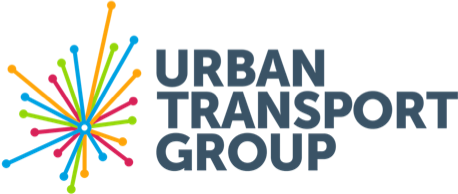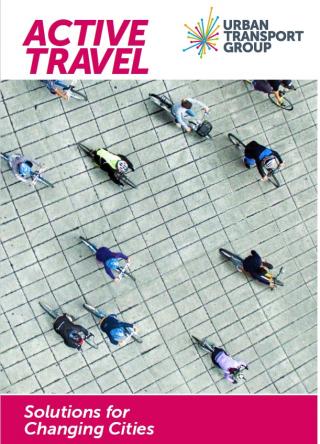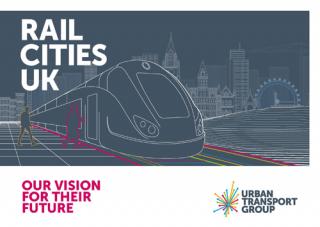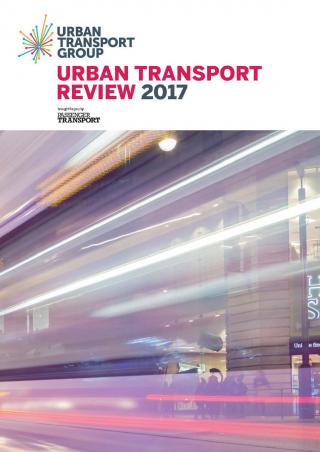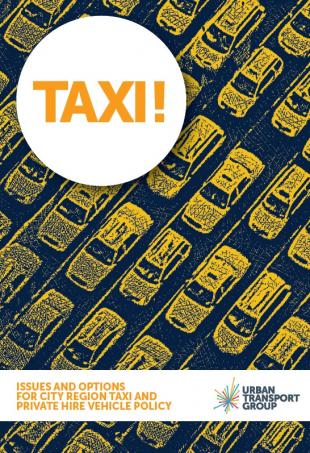Briefing
Doing more for less - How working together on transport cuts costs and saves time
The Urban Transport Group brings together and promotes the interests of Britain’s largest urban areas on transport. Through working together as a network, we help to save time and money for our members by doing things once and collaboratively – rather than separately and expensively. Saving significant costs for our members is just one benefit of being part of our organisation.
